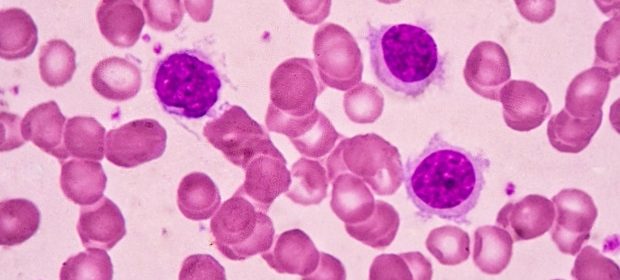Hairy Cell Leukemia Prognosis

The treatment of hairy cell leukemia depends on how far advanced the disease is at the time of diagnosis.
As the condition is so rare, it can be difficult to determine patient outlook in the long term. However, estimates from Cancer Research UK suggest that around 95% of patients diagnosed with the condition will live for at least ten years after their diagnosis.
Most patients respond adequately when treated with cladribine or pentostatin. These drugs usually lead to remission for at least ten years, even if they are only taken once. Furthermore, the drugs are effective at treating any instances of disease relapse, although the disease-free remission is usually shorter lived after subsequent treatments.
How soon a patient begins to feel healthy again after treatment depends on several factors. Some of these are listed below:
- The stage of disease at the time of diagnosis and initiation of treatment
- How aggressive the cancer is
- The patient’s general health status
- Whether the patient was completely or only partially responsive to therapy
- The patient’s perceived daily functioning and energy level prior to treatment
- Whether the patient experienced any serious side effects such as renal failure
- Whether the patient experiences particular trauma in response to their cancer diagnosis
With adequate treatment, a patient’s lifespan may not be significantly reduced. The risk of death is highest in the first two years after diagnosis but if a patient stays in remission for more than five years, the outlook is positive and they may even qualify for life insurance.
Sources
- www.nhs.uk/conditions/Hairy-cell-leukaemia/Pages/Introduction.aspx
- www.lymphomas.org.uk/sites/default/files/pdfs/Hairy-cell-leukaemia.pdf
- www.lls.org/…/hairycellleukemia.pdf
- http://www.cancerresearchuk.org/cancer-help/type/hairy-cell-leukaemia/
- depts.washington.edu/…/Megan%20slides%201-28-11.pdf
Further Reading
- All Hairy Cell Leukemia Content
- What is Hairy Cell Leukemia?
- Hairy Cell Leukemia Symptoms
- Hairy Cell Leukemia Cause
- Hairy Cell Leukemia Diagnosis
Last Updated: Feb 26, 2019

Written by
Dr. Ananya Mandal
Dr. Ananya Mandal is a doctor by profession, lecturer by vocation and a medical writer by passion. She specialized in Clinical Pharmacology after her bachelor's (MBBS). For her, health communication is not just writing complicated reviews for professionals but making medical knowledge understandable and available to the general public as well.
Source: Read Full Article